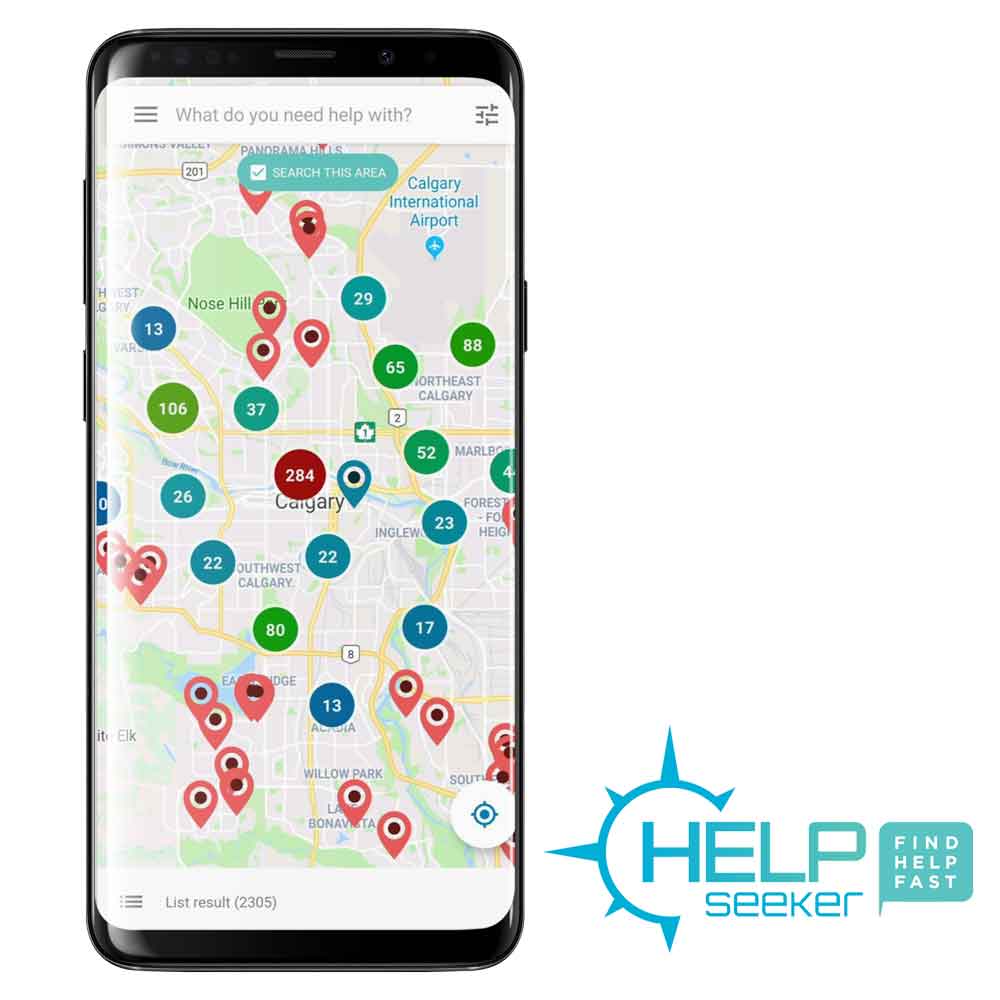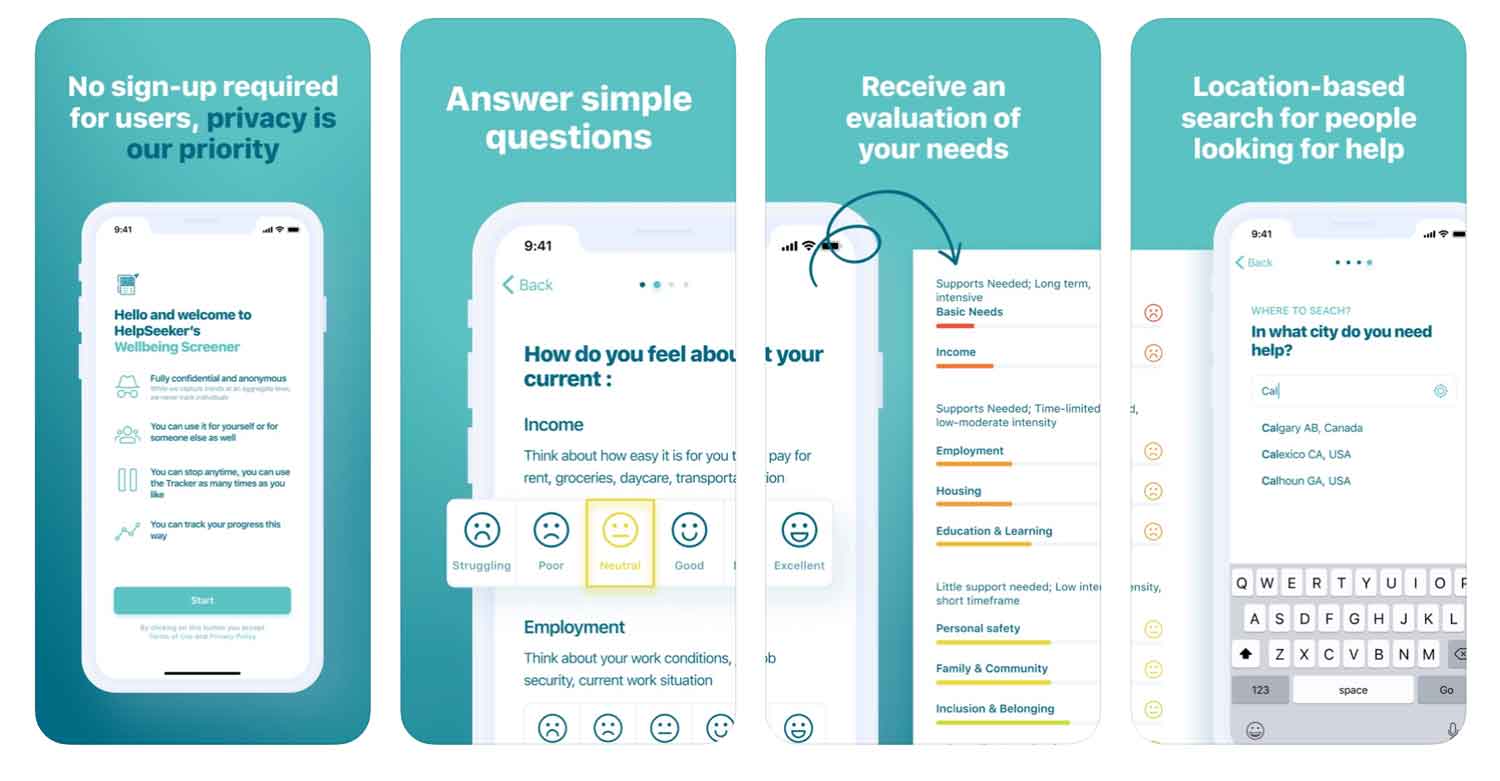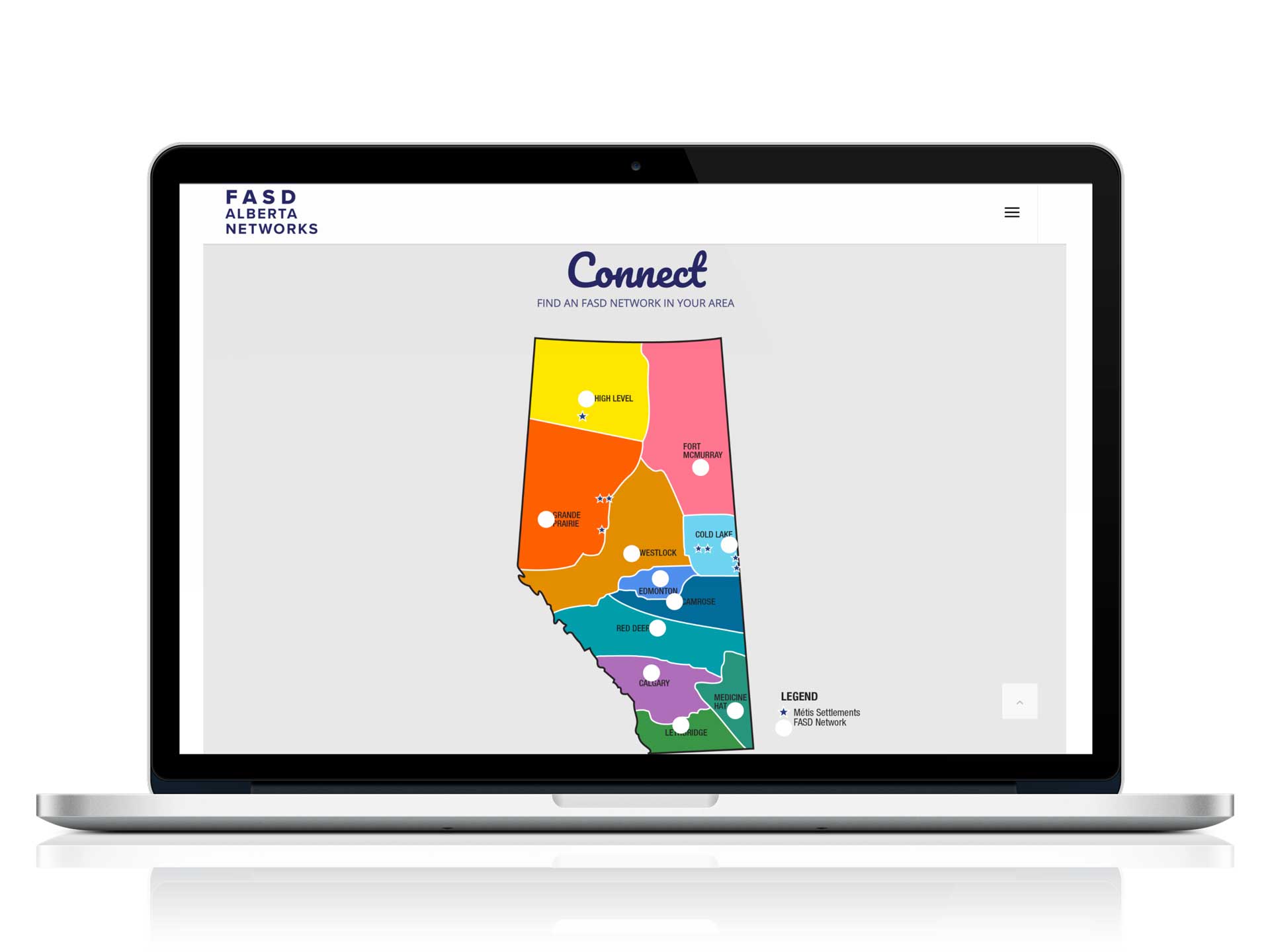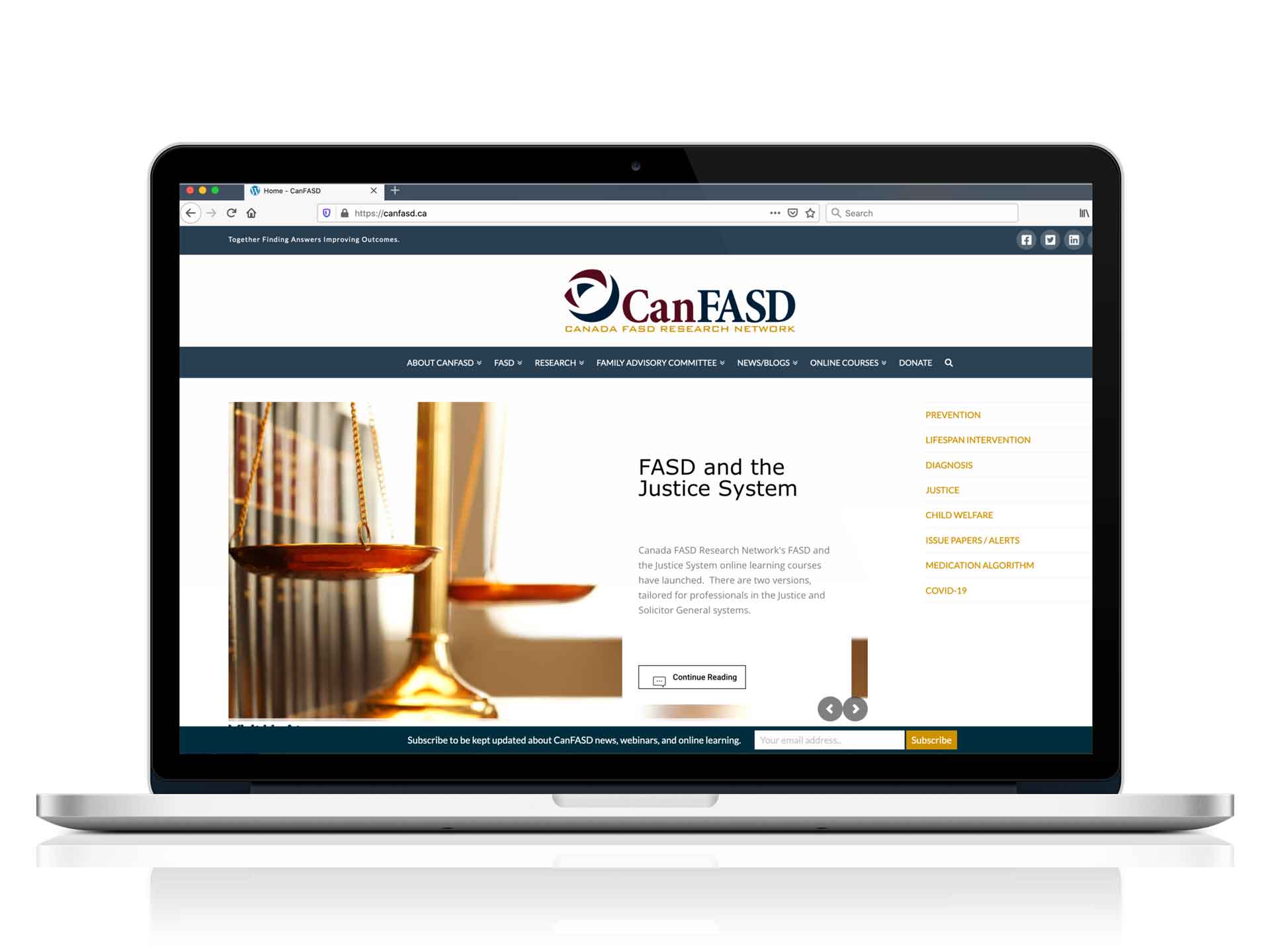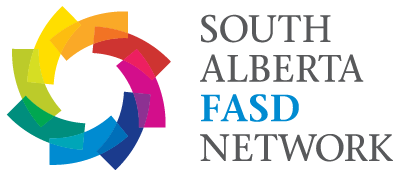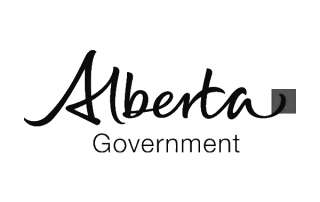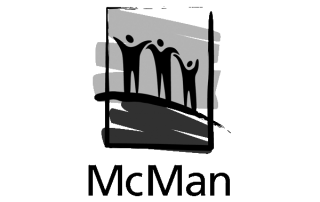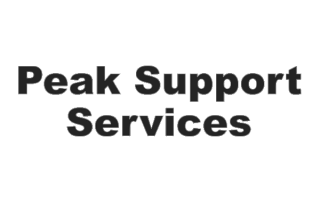FASD Resources
In Our Community & Province
FASD Resources
In Our Community & Province
Below are resources that you may use to learn more about FASD in our area and to be able to access educational materials and research articles as well. There are many different resources that you can access for information on FASD and we have included some of them here. Please check them out.
The HelpSeeker app gives you access to 190k+ community, health, and social services and enables you to provide help to those in need when they need it the most.
Wellbeing Screener, an easy-to-use, anonymous health and wellbeing app that helps you or someone you care about gauge your level of wellbeing along 15 dimensions from income, to safety and health, creativity and connection to nature.
There are 12 FASD networks across the province of Alberta. Connect to the different networks by visiting their central website.
CanFASD) is a collaborative, interdisciplinary research network, with collaborators, researchers and partners across the nation.
LPL Piitoyiss Indigenous Services Team
Lethbridge Public Library Piitoyiss Indigenous Services Team, offer information on events happening at and outside of Lethbridge Public Library. They also offer some live streams of their programs.
Real Stories Living With FASD
The Centers for Disease Control and Prevention (CDC) has launched a video series campaign, “Real Stories: Living with FASDs,” which brings much-needed attention to the realities of fetal alcohol spectrum disorders (FASDs). This campaign features a series of heartfelt videos and narratives that offer personal accounts from individuals and families affected by FASDs. By sharing their challenges and triumphs, the campaign aims to raise awareness about the lifelong impact of prenatal alcohol exposure and the importance of prevention.
What is FASD?
Fetal Alcohol Spectrum Disorder
What is FASD?
Fetal Alcohol Spectrum Disorder
FASD stands for Fetal Alcohol Spectrum Disorder. It is a lifelong disability that affects the brain and body of people who were exposed to alcohol in the womb. Each person with FASD has both strengths and challenges and will need special supports to help them succeed with many different parts of their daily lives.
The Truth: You often can‘t tell if someone has FASD just by looking at them.
Less than 10% of people with prenatal alcohol exposure have visible facial differences, as there is only a short period of time during the pregnancy when alcohol affects facial features. That is why FASD may be viewed as an “invisible disability.”
The Truth: There is no known safe amount of alcohol to drink during pregnancy. Experts recommend that the safest option is no alcohol at all.
ZERO alcohol is safest
But there are a number of reasons someone may drink during pregnancy, including:
- Not knowing the risks of drinking during pregnancy
- Not knowing they are pregnant
- Using alcohol to cope with trauma or violence
- Pressure from a partner
- Substance use challenges
Go alcohol-free if you are pregnant, planning a pregnancy, or having unprotected sex.
The Truth: The brain damage associated with FASD makes it difficult if not impossible for individuals to control their behaviour. It is not a choice.
People with FASD may experience many challenges. Approximately 90% of people with FASD will experience mental health challenges at some point.
The Truth: FASD is a permanent, life-long disability that often creates greater challenges in adulthood, when its behavioural consequences become less acceptable.
FASD is a WHOLE BODY DISORDER; it affects both the brain and the body.
The Truth: The only known cause of FASD is a woman’s consumption of alcohol during pregnancy. However, expectant fathers can play a key role in prevention by supporting their partners in the decision not to drink alcohol during pregnancy.
There is no safe time, no safe kind,
and no safe amount of alcohol to consume during pregnancy.
In Alberta, FASD (Fetal Alcohol Spectrum Disorder) programs and services actively encourage that drinking no alcohol during pregnancy is best – no exposure equals no risk. These programs address prevention, awareness as well as supports for diagnosis/assessment and a variety of supports to individuals with FASD and their families.

